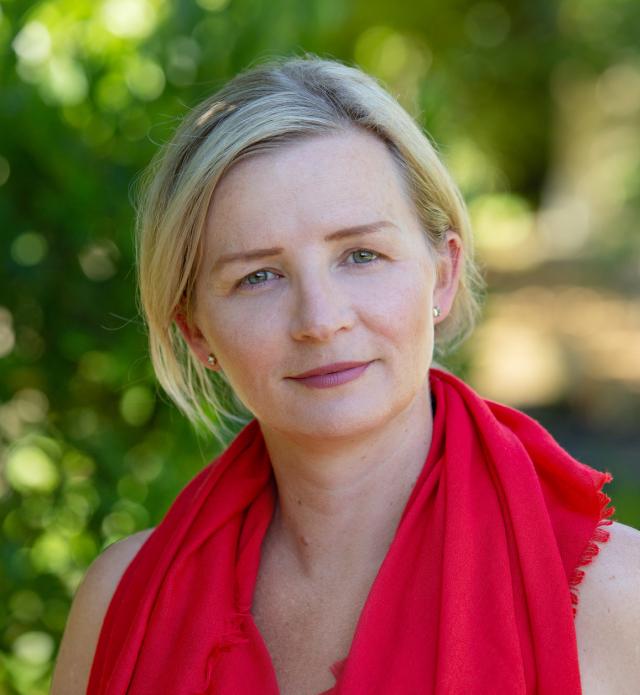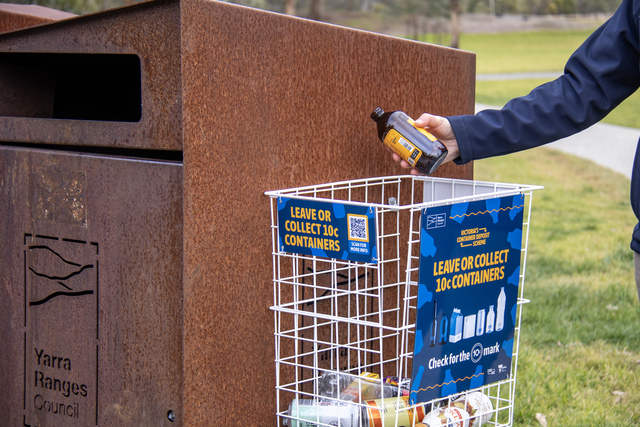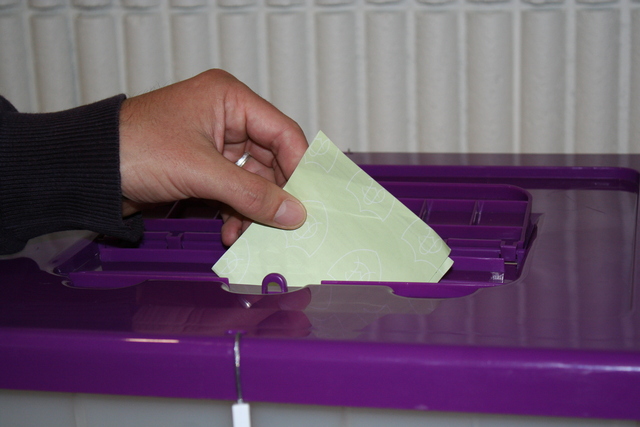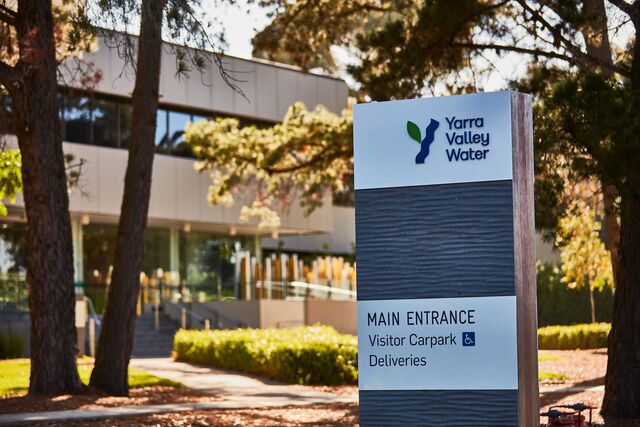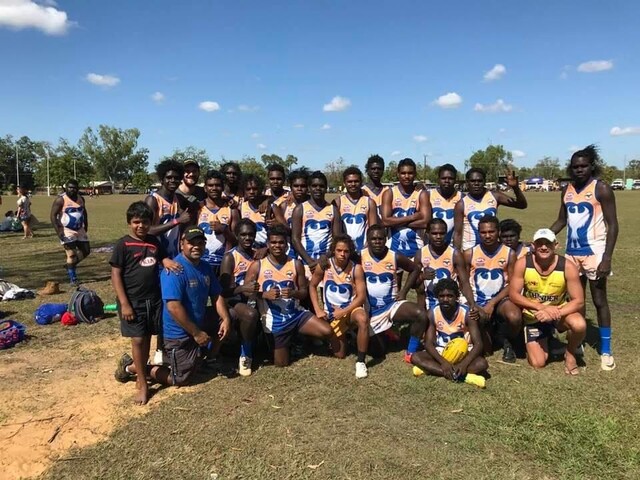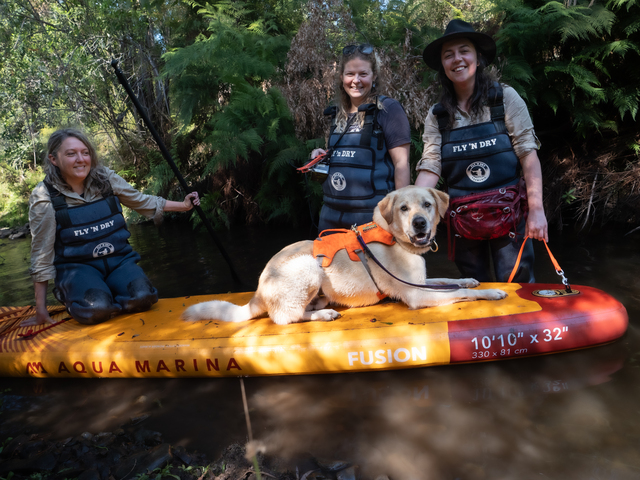More than half of people who do not read local newspapers believe they are essential to their communities, a national survey has found.
Findings from the survey show that 64.5 per cent of respondents consider a printed copy of a local newspaper an essential service to their communities. Further, 48 per cent, or just under half, state that if they ever did read a local newspaper, they prefer to do so in print, compared with online (33 per cent) or via social media (13 per cent).
The survey, conducted in July and August this year, sought the views of 400 Facebook users, who do not read a local newspaper, about the role of local news within their communities.
The research targeted participants in areas that were being served by independent local newspapers within the Country Press Australia (CPA) network.
The findings come as many local newspapers have struggled to survive during the pandemic.
Deakin University Associate Professor Kristy Hess, who is leading the research, said the Facebook survey supported findings from a previous national study of local newspaper readers, her team conducted last year, highlighting a passion for the printed product.
“The fact that social media users examined here (in the latest survey) also indicate a preference for print is perhaps especially profound,“ she said.
Cost and accessibility were the key reasons these Facebook users did not engage with a local newspaper in print or digital format, said Dr Hess.
“Many participants highlighted that the absence of a home-delivery service or easy way to access the paper created an impediment to accessing the physical copy. They also indicated that they resisted paying for local news and would engage if it were free.
“This resonates with findings from our first survey of newspaper readers – that is, the existence of a culture of
’free’ where people believe local news content should be readily available without cost to audiences.“
Bruce Morgan, Executive Director, for CPA, said the survey results were not surprising and reinforced the mood of many regional communities.
“It is not just about the survival of local independent (newspaper) businesses, but that it is fundamental to community well-being, and to basic democratic notions of accountability within those communities,“ he said.
“Issues around accessibility and cost are also not surprising and reflect swings in community expectation in recent generations. Most independent publishers are adapting to that, having learned from the mistakes of the big corporate players who are now deserting the regions.“
Both surveys are part of a national three-year Australian Research Council-funded project involving researchers from Deakin and RMIT universities, with support from Country Press Australia, the peak media body for independent news organisations. The project is about to enter its third year.
Associate Professor Hess said the voices and perspectives of everyday people were often missing in policy discussion about the future of local media.
Almost 30 per cent of Australia’s population, close to 8 million people, live outside major cities in rural and regional areas, and are less-well serviced than their urban counterparts.
A copy of the survey report can be found here: www.localnewsinnovation.org

